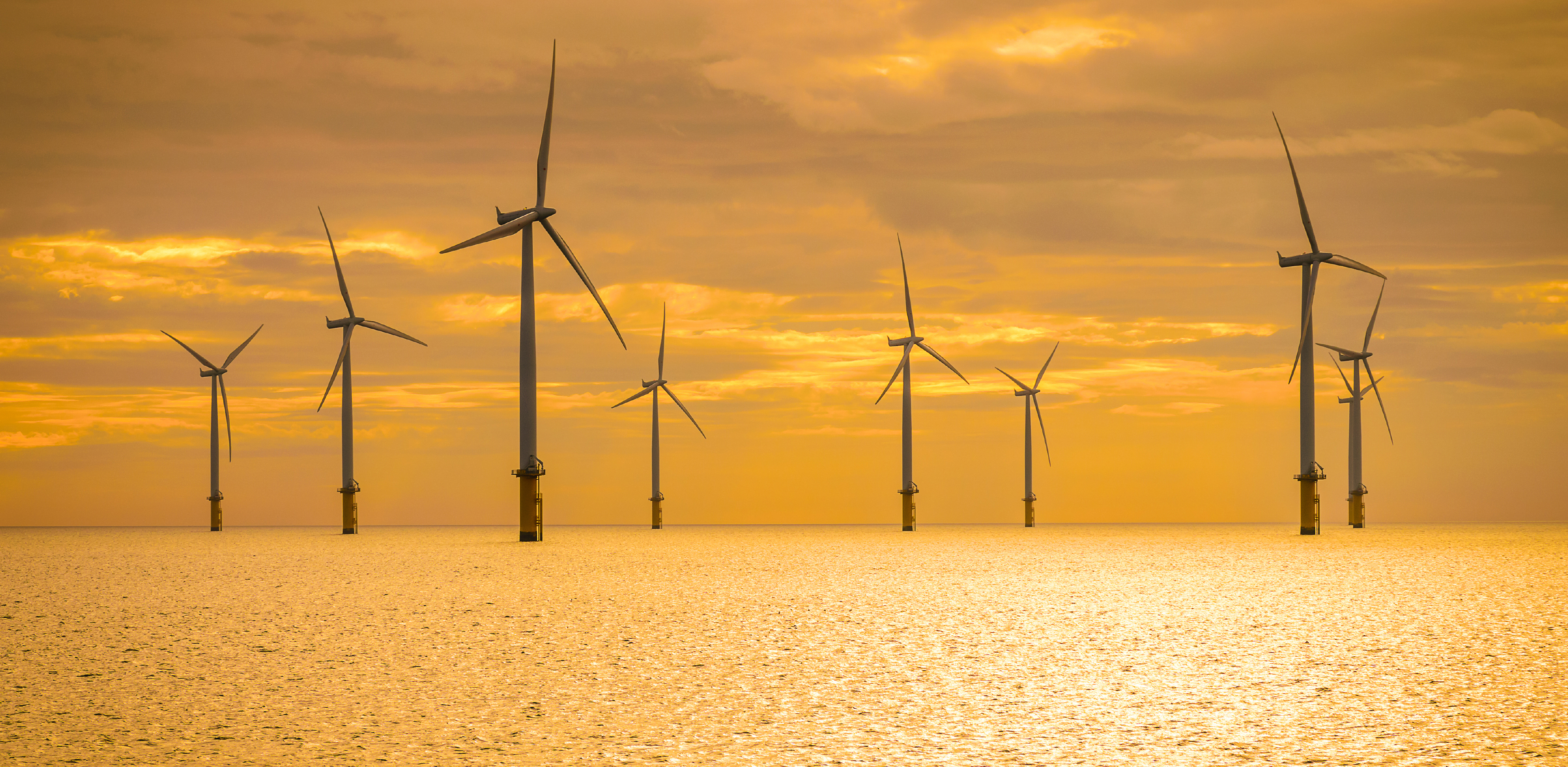Everything That Happened at COP 28
The 28th Convention of Parties on Climate Change (COP 28) has reached a final agreement following a near collapse of talks over the initial text within the draft agreement. The final decision text however is no less controversial being labelled as both ‘historic’ and ‘weak and ineffectual’.
For the first time, countries have agreed on the need to transition away from the use of fossil fuels in energy systems, with the final text calling for countries to contribute to:
‘Transitioning away from fossil fuels in energy systems, in a just, orderly and equitable manner, accelerating action in this critical decade, so as to achieve net zero by 2050 in keeping with the science.’
Although calling on countries to move away from fossil fuels in energy systems formally is a landmark moment, and likely the biggest step forward on climate since the Paris agreement in 2015 many have criticised the weakening of language within the decision text. Notably, ‘phasing out’ was replaced with ‘transitioning away’, a change pushed by many of the world’s petrostates. As well as this, there is a lack of urgency and specifics within the document, and it still gives scope for oil, gas and coal industries to continue their massive expansion in production, which, if carried out as planned would push the planet far beyond the 1.5C global heating limit agreed in Paris in 2015.
Despite this, COP 28 generated some positive steps forward. A loss and damage fund to help the most vulnerable countries repair damage caused by the climate breakdown was finally agreed. This fund currently totals around $700 million and signals a commitment by developed, polluter nations to provide financial support for the destruction that is already being caused as result of climate change. This is a big step forward, and although the fund does not yet force countries to take responsibility for historical emissions, and will need significant increases in funding to fully cope with the damages caused by climate change it does recognise the disparity in responsibility for climate change. Countries have also backed the call for global renewable energy to be tripled and the rate of energy efficiency improvements doubled by 2030, which will see wind and solar displace coal, oil and gas in many countries as the cheapest and most efficient form of energy production.
